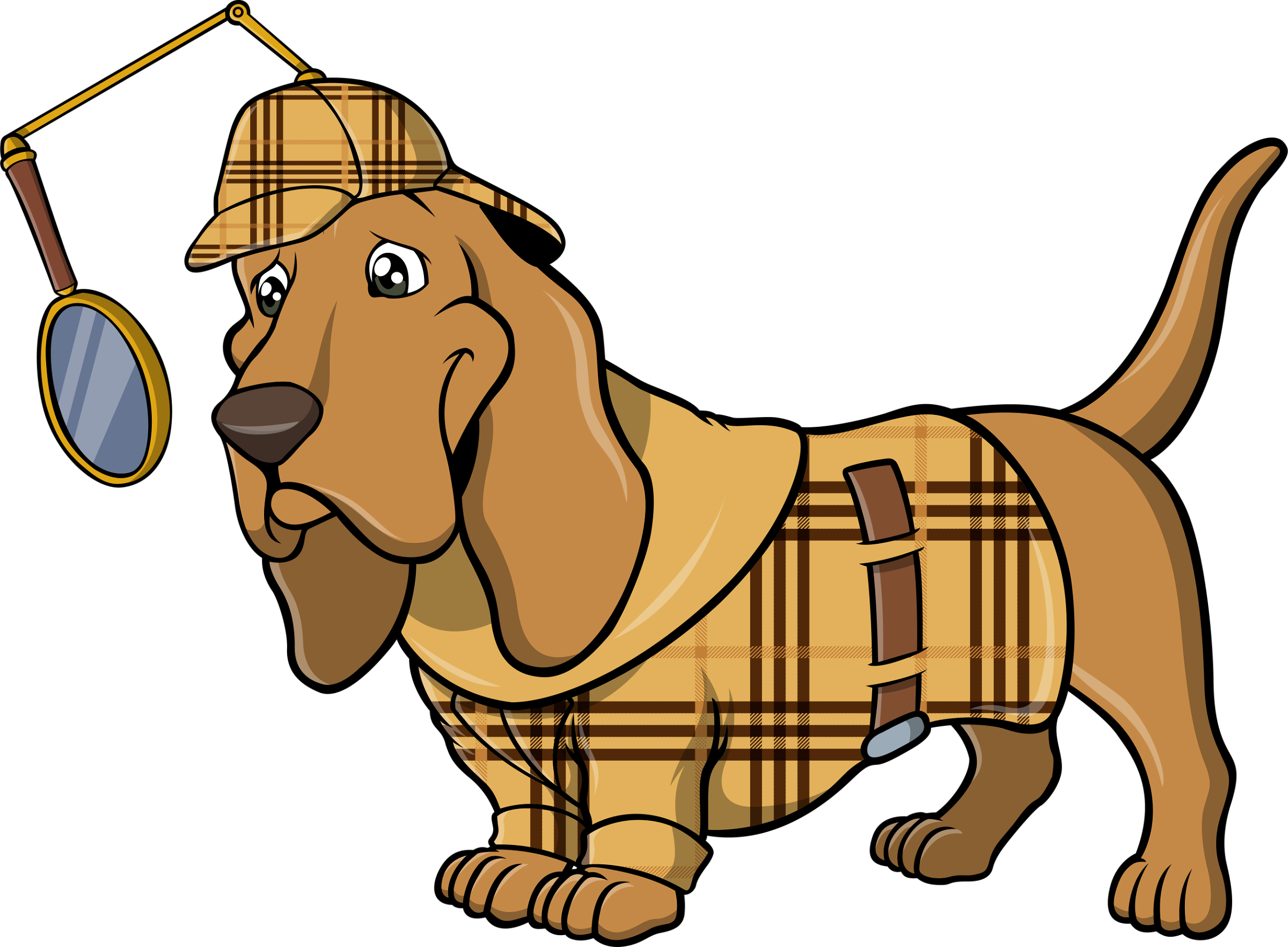
Greater Swiss Mountain Dog
Greater Swiss Mountain Dog Puppies Dog Breed Information
The Greater Swiss Mountain Dog, or GSMD, originated in the Swiss Alps from Mastiff-type Molosser dogs brought by Roman Legions over 2,000 years ago. They mated with local breeds, giving rise to the Swissy, closely related to the Bernese Mountain Dog. Initially farm and pasture dogs, Swissies worked as versatile farmhands, guarding livestock and pulling carts. While their popularity declined with modernization, it surged again in the early 1900s. Internationally recognized in 1939, they arrived in the US in 1968, and the AKC recognized them in 1995 in the Working Group.
Greater Swiss Mountain Dogs are renowned for their faithful, loyal, and dependable nature. These large, strong, and agile dogs are also family-oriented and easily bond with children, other dogs, and pets, as well as non-threatening strangers. Swissies are alert and focused, with a natural instinct to protect, making them excellent watchdogs and guards. While friendly with non-threatening individuals, they adopt a confident, protective stance when faced with potential threats.
The Greater Swiss Mountain Dog is moderately adaptable but thrives in spacious environments with ample exercise. Their large size and need for physical activity make them unsuitable for apartments. They seek attention and physical contact, preferring not to be left alone for too long. While they can adapt to various climates, they may be sensitive to heat and require appropriate care in warmer weather.
Greater Swiss Mountain Dogs are generally a healthy breed, particularly considering their size. Some breed-specific concerns include epilepsy, urinary incontinence, entropion, and distichiasis. In addition, they share common health issues with large breeds, such as hip dysplasia, elbow dysplasia, and bloat. Regular veterinary check-ups and preventive care are essential for maintaining their overall well-being.
The Greater Swiss Mountain Dog is moderately trainable, combining high intelligence, eagerness to please, and quick learning abilities. However, their stubborn and determined nature, along with their size, makes them better suited for experienced dog owners. Housebreaking can be challenging, requiring crate training and ample patience. Building trust and maintaining steady, reliable training is crucial. While Swissies can be boisterous in their youth, consistent positive reinforcement and praise-focused training promote good manners and physical self-control.
Greater Swiss Mountain Dogs have a low grooming requirement due to their short, straight coat, needing occasional brushing and bathing throughout most of the year. With their double coat, they undergo seasonal shedding twice annually, requiring more frequent brushing during these periods. Regular nail trimming is essential to prevent hindering movement and is typically done monthly or more often if needed. Checking and cleaning their ears regularly helps prevent infections, especially with floppy ears. Dental care is vital to prevent common dental issues; brushing teeth a few times a week with enzyme toothpaste is recommended, along with dental care diets and hygiene chews. Familiarizing Swissies with grooming tasks as puppies helps ease the process for both dog and owner, especially as they grow into their full size.
Greater Swiss Mountain Dogs, being working dogs, require ample exercise and a sense of purpose to maintain their happiness and health. Their activity level is variable, often matching that of their family, ranging from short bursts of activity to more athletic pursuits like hiking or backpacking. They are well-suited for dog sports such as herding, carting, weight pulling, and obedience trials, enjoying any activity that involves being with their family. It’s important to engage in low-impact activities during the first 2-3 years of their life as they mature slowly, with their bones, joints, and muscles still developing during this period.
A mature Greater Swiss Mountain Dog typically stands between 24-28 inches tall at the shoulder and weighs anywhere from 110 to 150 pounds.
On average, a Greater Swiss Mountain Dog typically lives between 8 to 11 years.

